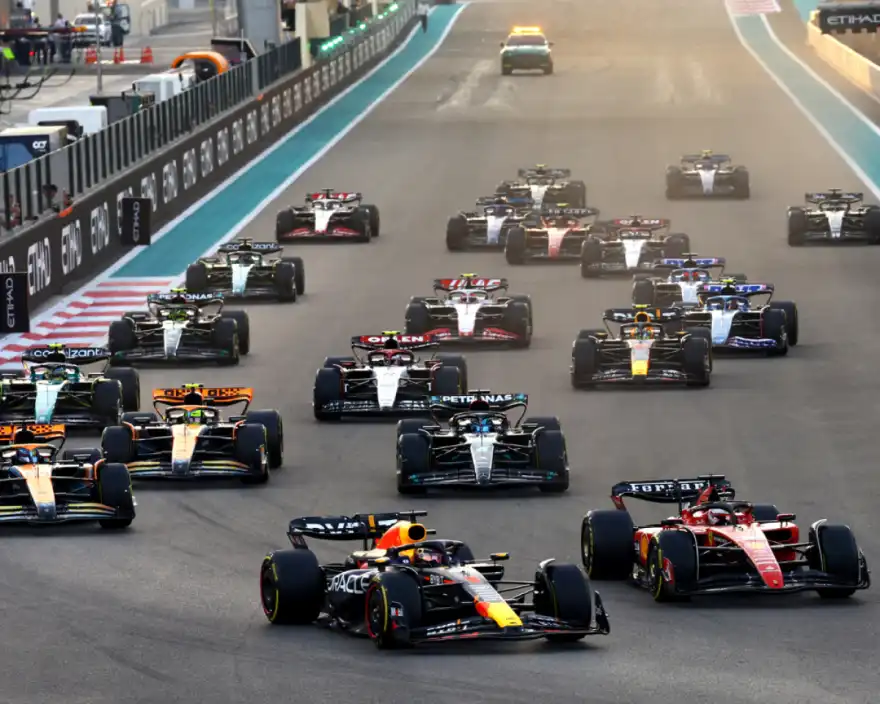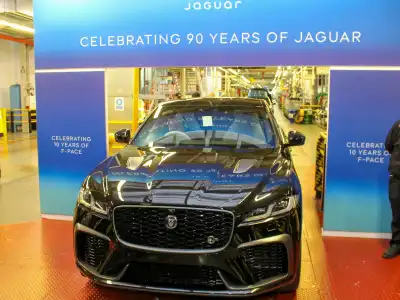
Last week, Formula One's commercial arm dealt a significant blow to Michael Andretti's aspiration of becoming a team owner in the sport, rejecting Andretti Global's proposal to join the grid in 2025 or 2026. Four months after receiving approval from the FIA, F1 issued a lengthy statement on Wednesday (31st January) rejecting the team's entry bid.
While a potential entry with a General Motors-built engine in 2028 remains on the table, the four-year wait poses a considerable challenge for a team eager to debut sooner.
The decision, detailed in a comprehensive statement, revolves around F1's belief that an 11th team, without a power unit manufacturer, would not provide sufficient value to justify the disruption of its inclusion. F1 expressed scepticism about the competitiveness of the Andretti bid, emphasising concerns about reliance on an existing engine supplier until GM's engines are ready, and the perception that F1 would add value to the Andretti brand rather than vice versa.
The decision-making process involved consultations with key stakeholders, excluding the existing 10 F1 teams, known to oppose Andretti's entry based on self-interest. The rejection reasons did not explicitly address concerns raised by rival teams regarding prize fund dilution and the perceived inadequacy of the $200 million anti-dilution fee.
F1's core argument against Andretti's competitiveness centres on doubts about the team's ability to vie for podiums and race wins, crucial for increasing fan engagement and overall sport value. The scepticism arises from Andretti's reliance on a supply deal for the initial years and the challenge of building two different cars under changing regulations in 2025 and 2026.
While some argue the assessment is overly harsh, F1 contends that Andretti's unique circumstances, including a dependency on a compulsory power unit supply, make competitiveness challenging. F1 emphasises the technical challenge and believes a compulsory supply deal would be detrimental to the championship's prestige.
However, F1 leaves the door open for a potential entry in 2028, acknowledging the possibility of Andretti-Cadillac collaboration providing added value. The statement suggests a re-evaluation of an application with a GM power unit, either as a works team or customer team designing all components in-house.
Whether Andretti is willing to wait until 2028, following the recent rejection, remains uncertain, considering the financial commitment and lack of a guaranteed grid spot.




